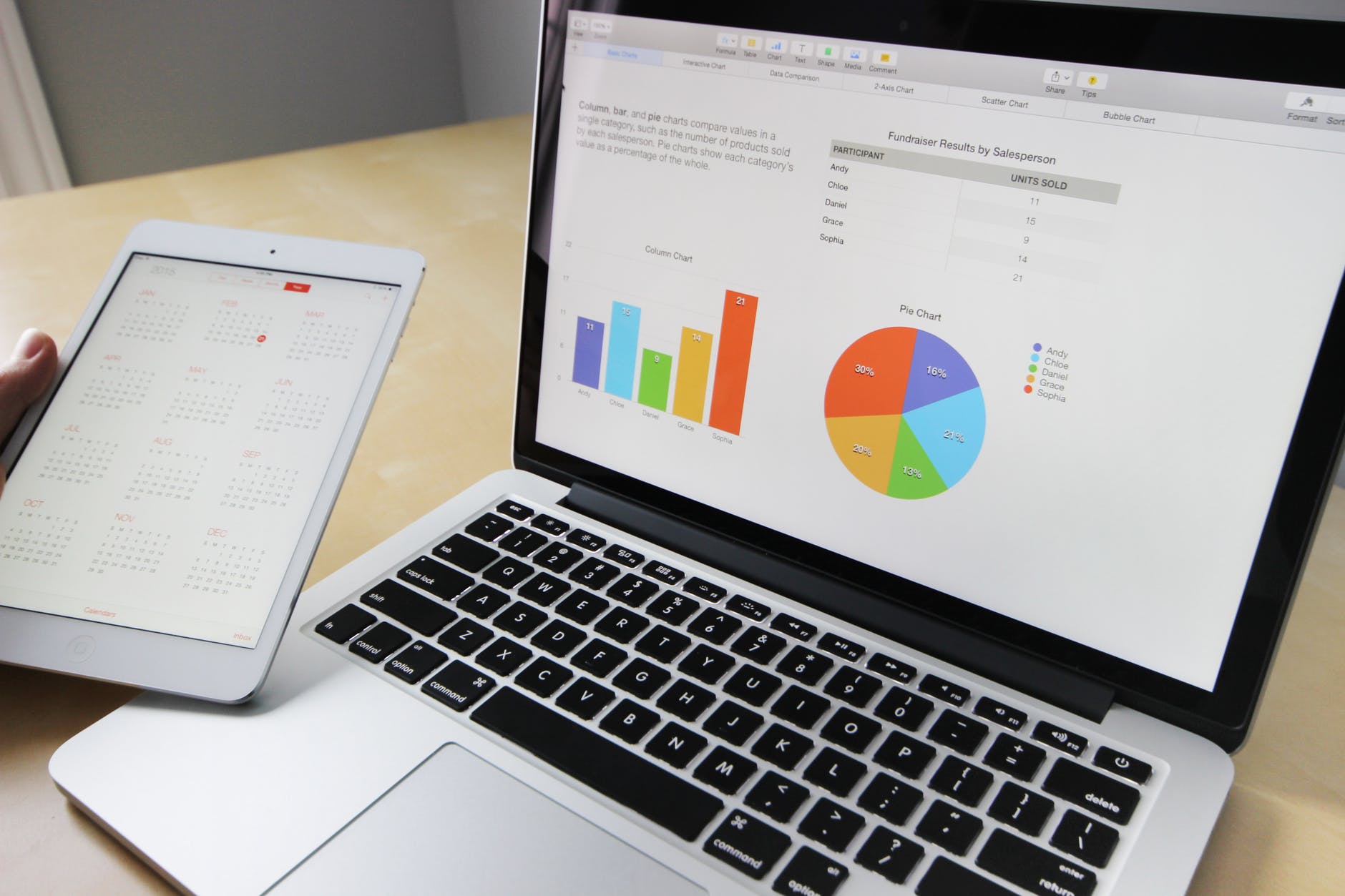The ability to leverage the right data is essential in the modern world, and you can’t do that without securing your data. Despite all of the hype surrounding big data, it’s not always easy to gain access to as much information as possible. Retaining customer trust is key, but some businesses are still giving hackable connections a shot by using off-the-shelf solutions for privacy that end up being too expensive for them to afford.
Understanding the rules to follow when securing your data is important to the future of business communication. In this article, we’re covering everything you need to know about securing your data.
The Implications of Data Privacy in Marketing
The ability to secure your own data is a skill that is becoming increasingly important in the marketing sector. With the EU’s General Data Protection Regulation (GDPR) coming into effect, there’s a lot of buzz about what will happen to companies who violate GDPR rules. Businesses who haven’t taken steps to properly secure their data are liable to receive fines as high as 4% of their annual revenue.
In addition to GDPR rules, there are also industry-specific privacy rules. The United States has the Children’s Online Privacy Protection Act (COPPA), and Canada requires that any company who collects personal information from Canadian web users must have a privacy policy. Beyond ensuring that you’re following those laws, protecting your own customer data is also a prudent move for companies at the risk of losing a major customer if their information is leaked.
As more business transactions are done online, there’s also an increased number of breaches for digital businesses. Because of that, consumers are becoming more suspicious about the security measures that companies have in place for their data. The only way to quell any suspicions is to invest in the right methods for protecting your own data.
Making the Most Out of Your Data
As you build your marketing plan, it’s important to take a look at how you’re protecting your marketing data. To extract the most out of your data, you need to know how to secure it.
This starts with establishing a company culture that emphasizes data security and privacy. If you want customers and employees to take your data seriously, then you need to set the example from the top down. This may mean instituting a formal document outlining data protection policies for all employees at your business.
Preventing Data Loss
Once you’ve taken steps to establish that other people are taking security seriously, it’s time to start thinking about your data. Many marketers must use data from third-party networks that may not have the same security protocols as your business.
For example, there are often multiple sources for a company’s web analytics and marketing data. While some of those monitoring tools may be secure and provide statistics that can be presented to you in a usable way, others may not be.
Data loss prevention (DLP) tools can help to determine how your data is being used, as well as help to establish rules for what’s considered acceptable usage. If a third-party system is using your data in a way that will make it easier for them rather than you, then the DLP tool can prevent the transfer of that data.
Data security protocols need to be in place so your business can focus on doing its job without having to worry about going over budget due to fines or customer service costs. For instance, some companies deploy the use of encryption to keep data safe from those who would like to see a copy of that data.
Authenticating Data
In addition to making sure that all your employees are on board with data protection, it’s important for everyone at the business to understand what’s acceptable and what’s not. Some marketers will have a very strict-yet-reasonable rule about not sharing any confidential data with anyone outside the company.
For example, when it comes to direct mail marketing, there’s a potential risk that an employee might accidentally share your mailing list with the mailing house before it’s sent out. If this happens, you may have a problem on your hands as the company sending the mail will be able to send that information out to several other people as well.
Before sharing any data, make sure there aren’t any unintentional consequences for doing so. Ask yourself if there are other ways to accomplish what you want without having to give away confidential data in the process of doing so.

